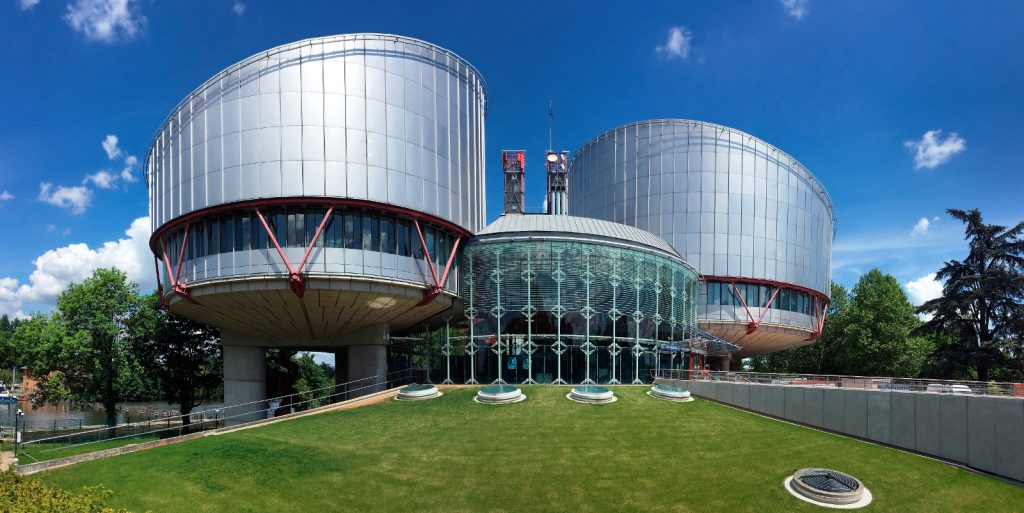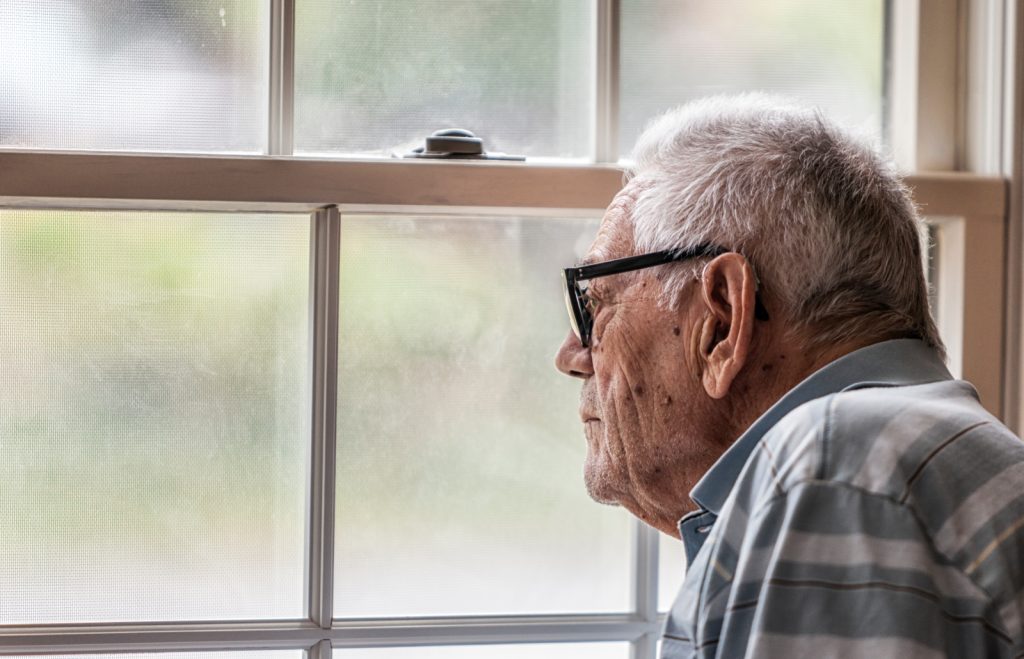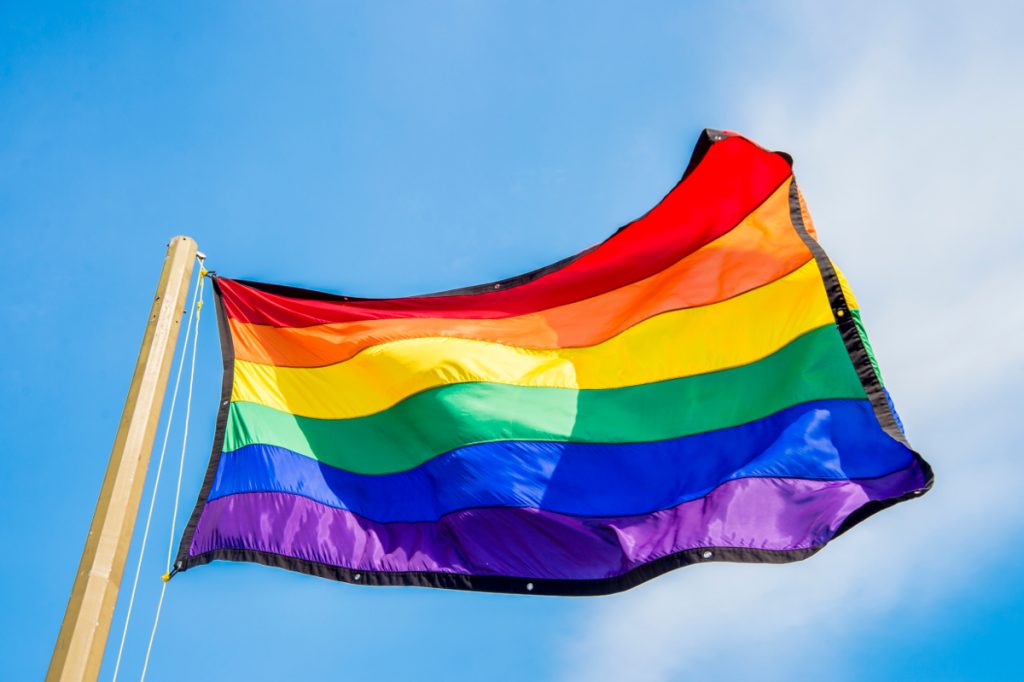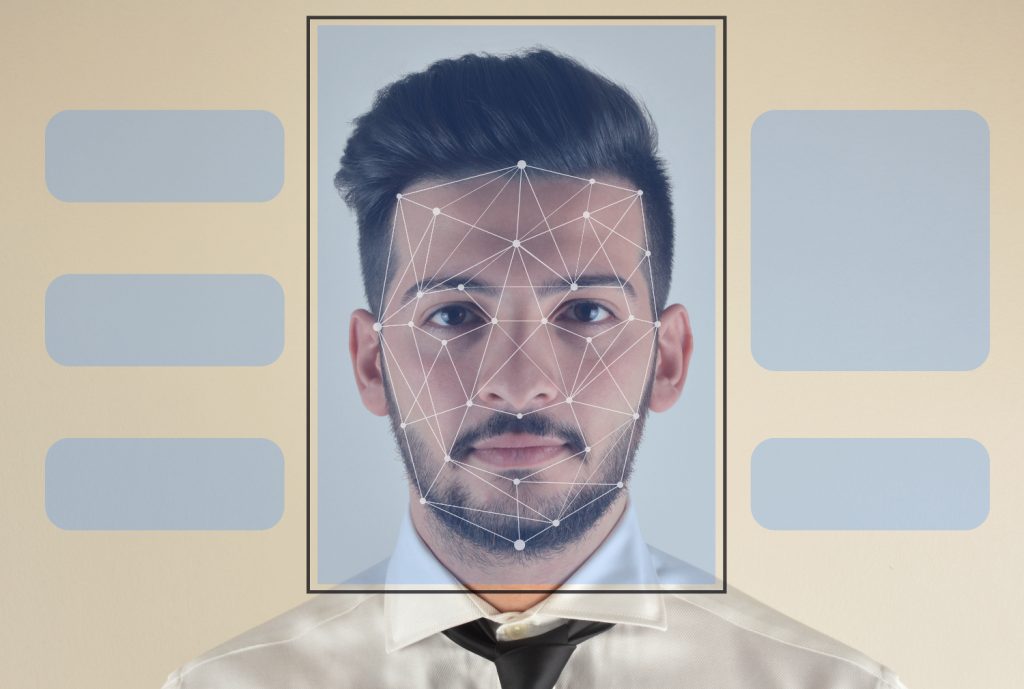On Wednesday 6th February 2019, The Alumni Relations Team and The City Law School in conjunction with the International Law and Affairs Group (ILAG) at City Law School and the LLM External Speaker programme, held an interactive panel discussion about the practice of Human Rights Law at the Gray’s Inn campus.

About CLAN – City Law Alumnae Network:
City Law Alumnae Network (CLAN) is a special interest group for all female graduates of The City Law School. CLAN meets twice a year and provides an opportunity to meet like-minded solicitors, barristers and other law alumnae from across the UK. The network also provides an encouraging environment in which to discuss issues facing women in the modern profession, share experiences and offer mutual support.
The Speakers:
*The names are linked to their LinkedIn profiles*
Antonia Benfield – Doughty Street Chambers
Antonia practices in asylum, immigration, human rights and public law with a particular specialism in refugee law and international protection cases. She represents both high-profile individuals seeking protection as well as highly vulnerable clients including victims of trafficking, unaccompanied asylum-seeking children and victims of torture. She has been involved in a number of significant cases, including the private prosecution brought against Tony Blair et al for the crime of aggression in the invasion of Iraq in 2003.
Keina Yoshida – Doughty Street Chambers
Keina practises in the areas of human rights law, public inquiries and inquest, actions against the police, media law, and the court of protection. Keina has acted in high profile public law cases. In 2017, she was led by Aswini Weereratne QC in the Child Migrants strand of the Independent Inquiry into Child Sexual Abuse (IICSA) representing a core participant. Keina has an international and domestic practice with a particular focus on equality, non-discrimination and LGBT rights.
Basmah
Sahib – Bindmans LLP
Basmah joined Bindmans LLP in February 2015 and is now a solicitor in the Civil
Liberties and Human Rights team. Basmah has represented clients in relation to
a wide range of legal issues with a particular focus on advocacy in the Mental
Health Tribunal, advising families whose relatives have passed away while in
hospital and associated public law issues.
Megan Goulding– Liberty
Megan Goulding is a solicitor at the human rights campaigning organisation, Liberty. Megan specialises in privacy, technology and human rights and runs Liberty’s litigation in this area. She is currently working, in particular, on surveillance and police technologies and is acting for clients in cases challenging police use of facial recognition technology and police forces’ denial of their use of IMSI catchers (a form of mobile phone surveillance). She is also running Liberty’s own challenges to bulk surveillance, both at the European Court of Human Rights and in the UK courts. Previous to Liberty, Megan worked as a solicitor in private practice.
Each speaker kindly gave us some insight into their work and motivations. Here is some of the detail from the evening:
Antonia Benfield gave us three examples of the types of cases she usually deals with in her career.
In 2018, she was faced with an 8-month long case on international protection and refugee law where she worked in the refugee and migrant court. The case was for the protection system for Eritrean refugees where there had been a breach of forced labour upon a schizophrenic from Sudan. As a lawyer, Antonia had to deal with reviewing how human rights is established in countries and reviewing their situation if human rights is not found. It was a special case to her as it was the first case to establish Article 4 in the UK. Article 4 of the European Convention on Human Rights prohibits slavery and forced labour, so she felt that her job in this particular case was very rewarding as she made a historical difference within the legal world.
She works on cases involving rape, torture and trafficking victims on a daily basis. An example she gave was of an Albanian female who was a victim of repeated rape and trafficking. She explained that these types of cases involve you to be directly dealing with the client and this results to being emotionally engaged with the victim which also makes you strive to work harder to help them.
Her last example concerned age disputed cases. An example was of underage, unaccompanied children refugees from Afghanistan who enter the UK, traveling on the back of lorries. In these cases, it is important to maintain human rights and establish identity for the child. Her job would consist of seeing what the state can offer for the child in order for them to be safe and to be legally aided.
Antonia reminded us that being a human rights lawyer is competitive but, can be readily obtainable for those who are committed and passionate. A good way to stand out in applications and interviews is to gain practical work experience, specifically at law centres, as this sets you apart from the others and shows that you are committed and interested in human rights.
Basmah Sahib has an immigrant background, her family is from Pakistan and they expected her to become a doctor or engineer when she grew up. However, Basmah decided to take the legal path; she wanted to become a lawyer but wasn’t sure in which field to specialise. She ended up working at Fisher Meredith and specialised in human rights, even though she had no idea what a human rights lawyer actually did. Through working in community care law, she came to realise the importance of human rights and continued working in this sector of law.

Her day consists of meeting with older people and children with disabilities who failed assessment centres, but need aid in finance, mental health patients.
She also works with mental health tribunals to offer legal advice to those who need it. She is often faced with cases where patients have died, and a breach of Articles 2 and 8 of the European Convention on Human Rights has been found. Article 2 protects the right to life and Article 8 provides a right to respect one’s private and family life. Her job involves her to see what the state can offer these families and patients and advising them on what to do when taking legal action or not.
Her key advice was to always read cases in preparation for interviews at law firms. She said most firms publish successful cases and clients that they have represented. It is often a good idea to read them and have an understanding of the firm and what they do as this makes you stand out, and also shows that you are truly interested in the firm and want to be part of their team. Basmah also reminded us that there are also daily challenges when working in human rights law as the political system in the UK is rapidly changing, almost daily. This means that you are always learning new things in law and need to be as professional as possible when offering legal advice, as things can change fast.
She told us a good way to prepare for a law career is to read Legal Cheek as it has lots of useful publications for law students and lawyers.

Keina Yoshida has completed a master’s degree and a PHD in human rights law and went to Madrid for an internship at an NGO specialising in strategic litigation.
The firm focused on intersectional litigation for migrant women and offers legal advice for those facing a breach of their human rights for being an immigrant, a woman or part of the LGBTQ society.
Keina said that it is very expensive and hard to become a human rights lawyer, but it is important and rewarding. She said that women are judged in experience, whereas men are judged in potential and this must change. The only way this may be changed is if more women become lawyers and work hard to make a change through their hard work. She wanted to remind us that experience is key when applying to law firms or pupillages and to never apply to a small number. She said we must apply to a range of law firms and chambers as it is very risky to apply to one or two as so many people are competing for the same place. The more applications, the more chances you give yourself to be accepted.
Megan Goulding is a solicitor at Liberty and worked in Brazil for a charity which helped people who were living in bad conditions, where their human rights were restricted. She has a master’s degree in Latin American studies but decided to return to the UK to study the GDL. Her family had pressured her to get a ‘proper city job’ as they thought that being a successful lawyer meant being paid a lot of money and she also needed to pay her Law school funds. Megan came to realise that it wasn’t all about money, you have to like your job and find the reward in working in a particular field. She felt that working in a corporate city law firm did not fulfil this and decided to work in human rights law, something she was passionate about and truly enjoyed. Her story showed me that it is never too late to change a job or pathway in your life. It is important to not stick to a job if you don’t like it and do something you enjoy.
Liberty deals with homelessness, poverty, military rights, free speech, women’s rights, privacy and technology work. Megan specialises in technology work where she is involved in holding public authorities accountable for breaching the human rights article on privacy. Megan works on cases that challenge the UK state’s bulk surveillance and is often working alongside the EU Court of Human Rights and the judicial court of human rights in similar cases.

At the moment, she is working in challenging the police’s face recognition technology as it goes against human rights, privacy and causes discrimination as it only works and detects white males. She is also part of an investigation to tackle the police’s use of IMSI-catchers which is an international mobile subscriber identity-catcher. This is a piece of technology that imitates a mobile phone network and can change, check and spy your phones and communications.
Megan enjoys working in human rights as it is a combination of strict legal work and campaigning.
If you’re interested in this area, take a look at this interesting article that Megan wrote on surveillance within the UK.
She told us to look at Justice First Fellowship which is an organisation which provides both funding and training for law students. This is useful for those who don’t want to waste time like Megan, working for a city firm that isn’t part of your interests.
The evening ended with a drinks reception where we could network with the panellists and also the other law students and alumni who attended the evening. This was a great opportunity and I truly learnt a lot more about human rights law and what it involves.

Thank you to all those who took part in organising such a wonderful event.
Thanks to Angjelina Ahmeti for these useful insights. Angjelina is an LLB1 student at The City Law School. She is very interested in Human Rights and hopes to pursue a career in this field.

